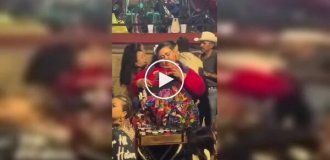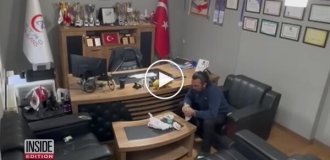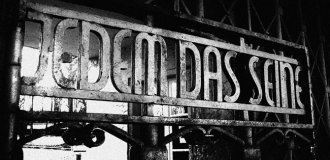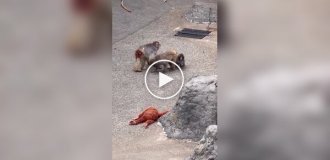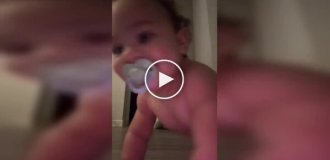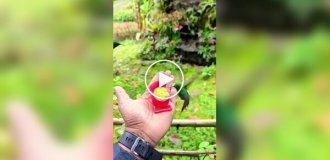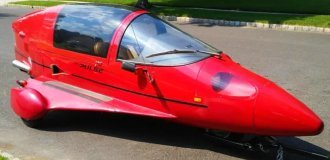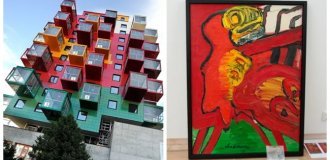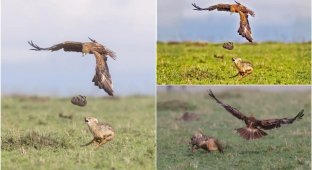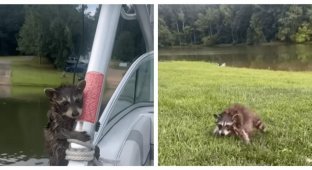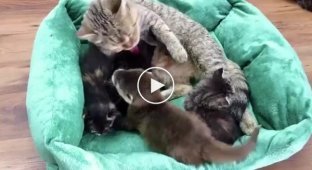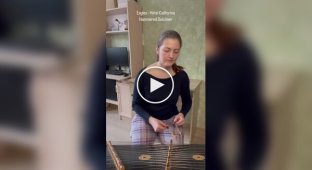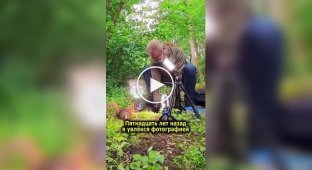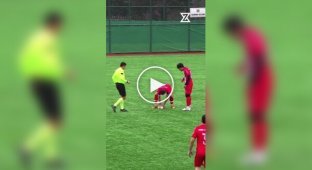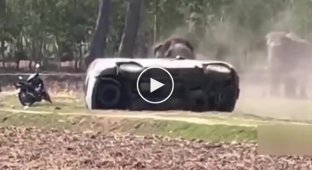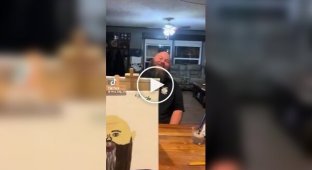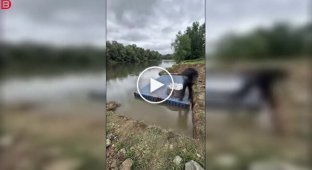Killer whale, which carried a dead baby on itself for 1,600 km, became a mother again (3 photos + 1 video)
In 2018, Tahlequah the orca captivated millions of media readers. She spent more than two weeks with her dead calf, and together they traveled 1,000 miles. Last Friday, scientists reported that the mother whale had given birth again. 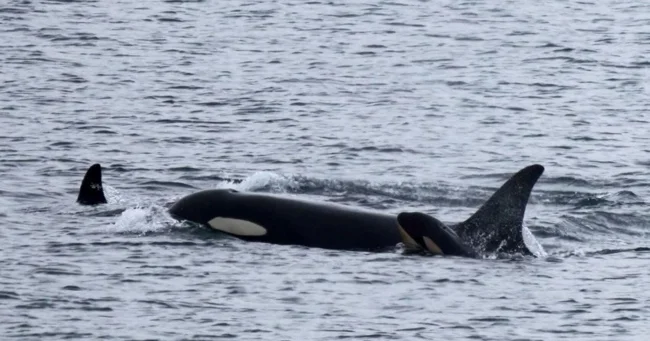
The mammal, registered as J35, was spotted with her calf in Puget Sound, Washington, USA. By Monday, scientists were confident that the calf, named J61, belonged to J35. 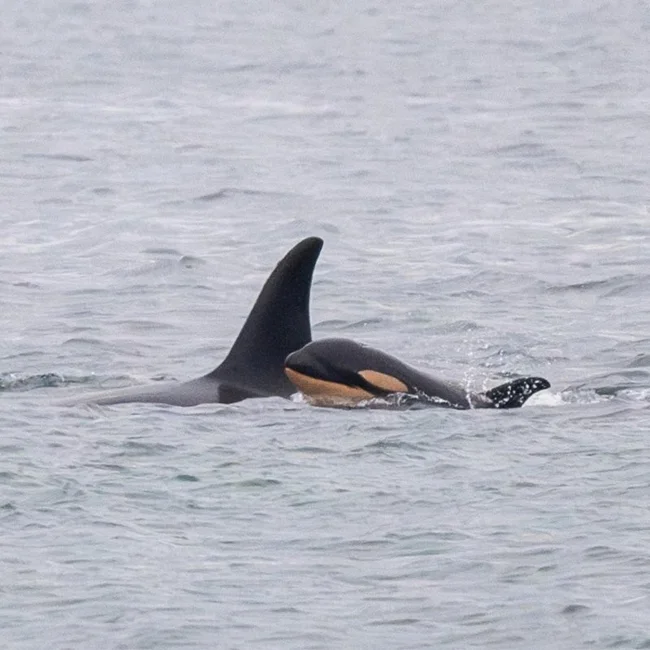
Photographers were delighted when they managed to capture the tiny dorsal fin of the newborn, barely peeking out of the water.
"The first reaction to the calf was shock. I was looking through the photos to figure out what kind of whales were swimming near the ferry I was on. And suddenly in one of the photos I saw a fin that was much smaller," an eyewitness said.
"After looking through the series of photos, I noticed that a calf had appeared in the pod, it was much smaller than all the other young individuals. Based on the size and coloring, I assumed this was the offspring of J35, my favorite whale who started my obsession with these animals." 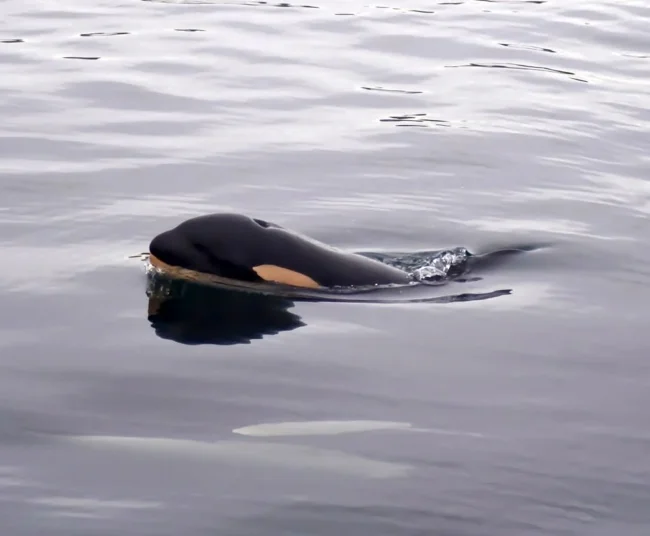
A newborn whale needs the support of its mother during the first weeks of life, as this is the most difficult and dangerous time.
"The early period of life is always dangerous for calves: the mortality rate in the first year is very high. J35 is an experienced mother, and we hope that she will be able to protect J61," the Center for Whale Research commented.
On Tuesday, the mother was seen nudging the calf. He wasn't particularly active, but the behavior of newborn killer whales is not well understood.
Access to salmon, the whales' primary food source, is critical to the survival of these large mammals.
This is J35's second calf since she lost her baby in 2018. She was seen with another newborn in 2020.
Tahlequah and her pod roam the Pacific Ocean between Washington State and British Columbia. As of December 2023, there were 75 members of the J pod.
Killer whales are known for their strong social bonds. They continue to help their young even after they become independent.
